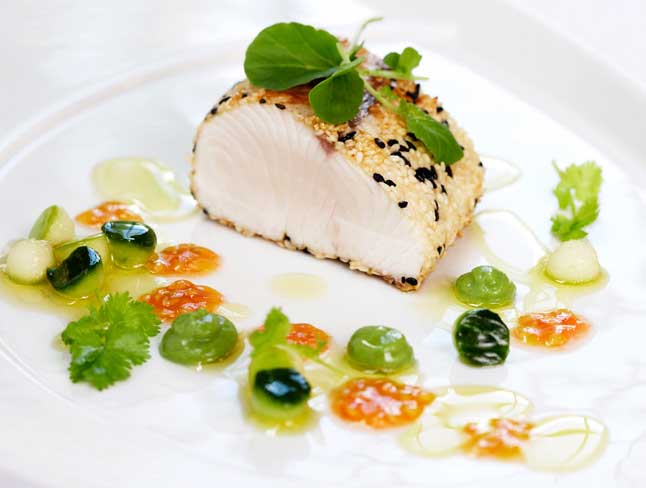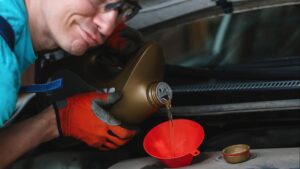Kingfish farmer Clean Seas back in favour with investors after ‘horrific’ year

Pic: Godji10 / iStock / Getty Images Plus via Getty Images
Farmed in the Antarctic waters of South Australia’s Spencer Gulf, Clean Seas Hiramasa Kingfish is a delicacy served up by top chefs from Neil Perry to Gordon Ramsay.
Australia’s only commercial farmer of the “king of kingfish”, Clean Seas (ASX:CSS), sold more than 650 tonnes of the sashimi fish last quarter at premium prices that have outstripped salmon.
In the past year prices have increased by $2.31 a kilo to $13.58 — while with Australian consumers forking out upwards of $17.50 per kilo.
The delicacy’s popularity — it’s known locally as Yellowtail but marketed as Hiramasa — has resonated with investors.
Since announcing a return to profits six months ago — following a turbulent period when production fell by 90 per cent — Clean Seas shares have been on an upward trend.
The shares reached 7.6c on Thursday, close to a 12-month high.
The fish farmer is now cash flow positive after recovering from what chief executive David Head described as a “horrific” period in 2016.
“Our biomass mortality generally sits at sub 15 per cent but was peaking at 82 per cent,” Mr Head told Stockhead.
“The company contracted significantly and production was down by 90 per cent.”
The cause was a lack of taurine in the fish feed — the same amino acid found in the energy drink Red Bull.
The feed deficiency is now the subject of a court case between the company and feed provider. A compensation claim could be worth as much as $50 million and is due to be settled in the next six months.
The health of the fish had since recovered and was now “excellent”, Mr Head said.

“Ours is a premium product because we have a high quality and consistency that you can’t get anywhere else,” he said.
“This is a relatively unknown species around the world and different to those caught in the wild because of the temperature of the gulf.”
The Antarctic waters mean the fish don’t grow at the same rate as their Atlantic rivals — they take two years to mature — but provide texture and taste that has become synonymous with the Spencer Gulf.
Clean Seas sold about $8.4 million worth last quarter, but was left with only $100,000 in the bank after costs.
Expenditure was forecast at $12.3 million in the next quarter, one third of that on fish feed alone.
A new fast-freeze processing facility in Adelaide is nearing completion which will allow fresh fish to be frozen in 22 minutes using liquid nitrogen, compared to six hours for conventional methods.
The company was exploring new products such as pre-cut sashimi or smoked and tartare products.
SUBSCRIBE
Get the latest breaking news and stocks straight to your inbox.
It's free. Unsubscribe whenever you want.
By proceeding, you confirm you understand that we handle personal information in accordance with our Privacy Policy.








